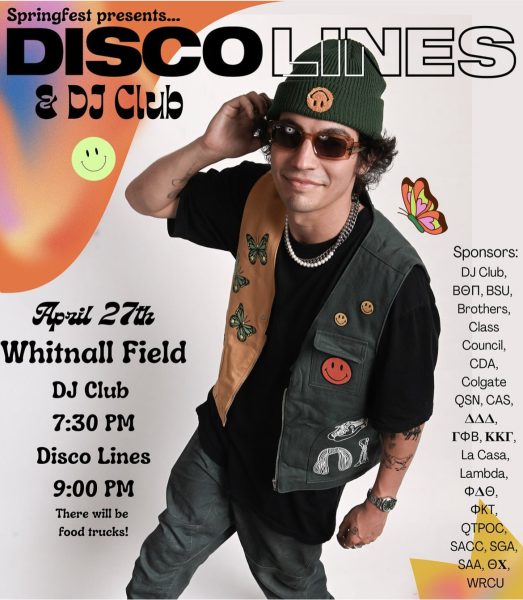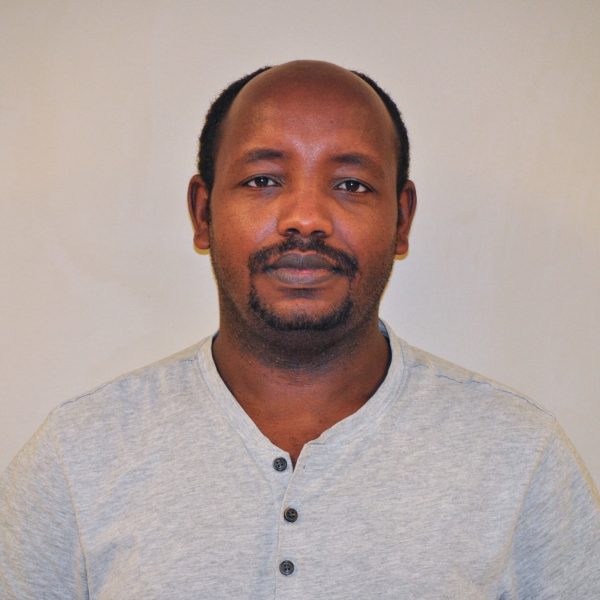An Afternoon of Poetry
I have a tendency to ask myself whether I will be able to recognize “contemporary classics.” Perhaps I’ve made up that term, but what I mean is that because my tastes in both literature and poetry run with the classic, I’m not usually even aware of great contemporaries – or whether they will someday fill the role for someone else that Donne fills for me. Yet, attending Tuesday’s Humanities Colloquium was an immense pleasure for me. The featured speaker was the award winning and 2007 Poet Laureate, Charles Simic. Regarded as one of America’s finest poets, he has been writing for over forty years and is well known for his unique engagement of the simple and the daily.
A native of Yugoslavia, his eloquence of expression in English surprised and impressed me greatly. Yet, perhaps most pleasurable was the sound of his carefully honed English – lilted quietly by his Slavic accent. Indeed, many of his anecdotes, with which he prefaced his poems, were illuminated for me by the lovely sound of his voice. I hope I can adequately share several of my favorite poems and anecdotes that Charles Simic was kind enough to share with me.
The first poem he read aloud did well to set the tone of the reading. Its title was “Cockroach,” and reflected some of his earliest days living in New York City alone. He seemed to identify the cockroach of his tale as a visitor with a foreign passport — much, perhaps, like he had felt in the late 1950s as an immigrant. He effectively changed something grotesque into something familiar, like we often do, as he also notes in the poem, to our childhood photographs.
Staying within a twisted realm was a poem titled “The Prodigy.” Simic heavily prefaced this poem, explaining how he had spent the war years in Yugoslavia in the 1940s — playing alone without parental supervision (all the adults were occupied), stealing bricks from an ancient Roman graveyard and becoming something of a chess wonder. He parallels both the war and his chess, remembering how his mother shielded his eyes from corpses rotting on telephone poles, then turning to reflect on how the greatest chess-masters play several matches at a time blindfolded. The juxtaposition was eerie, and, as someone in the audience later pointed out in a brief question and answer session, metaphoric of the way a poet also balances blindly.
Perhaps my favorite poem was one titled “Shelley,” after the great Romantic poet Percy Bysshe Shelley. He prefaced the reading by stating that, at this point in his life, he had been in love with Shelley — much like many young literary scholars fall in love with a great writer and harp obsessively on them. I thought it very moving the way he portrayed his first experience with the author as decrepit and morose. His second hand collection of Shelley is wet with the rain and dirty with the streets of New York City, the language mangled by his “atrocious Slavic accent.” Simic portrays a great poetic master like “a glorious phantom” against the backdrop of many strange things.
Among the other poems he read which I particularly liked were, “My Beloved,” “Country Fair,” “That Little Something,” and “Labor and Capital.” He closed remarking that he would not share prior revisions of his poems with us, as he often un-revises them to reawaken an awkward charm. This describes the unique and wonderful nature of the poems I was able to experience.







